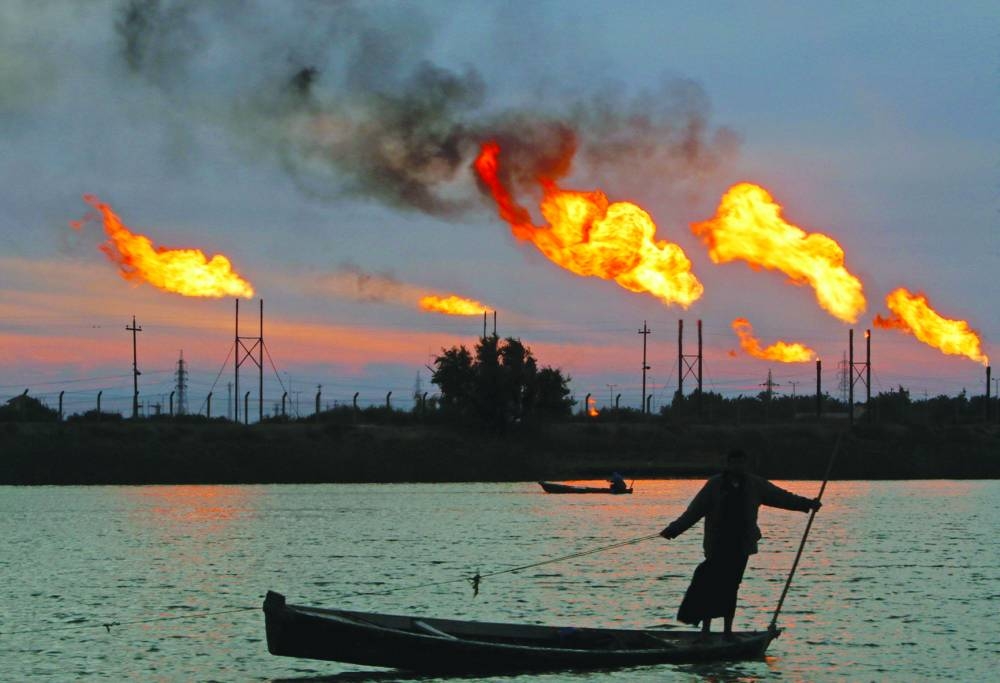Iraq said it pumped below its Opec+ oil-production quota last month as it sought to comply better with the group’s effort to balance global crude markets.
The Middle East heavyweight cut production by 260,000 barrels a day to 3.94mn a day in September, Mohammed al-Najjar, head of the market research division at Iraqi state oil company SOMO, said in an interview. That’s 60,000 less than its quota. The Kurdish region reduced by 140,000 barrels a day, while 120,000 barrels were curbed in the south of Iraq, he said.
Opec+’s leadership have pressed members like Iraq, Kazakhstan and Russia to fully implement output cuts pledged at the start of the year, and make additional reductions in compensation for over-producing.
While oil prices have surged this month on fears over escalating conflict in the Middle East, futures remain 10% below their July highs as slowing demand growth and swelling American supplies threaten to create a glut. Brent settled near $79 a barrel on Friday, too low for some in the Organisation of Petroleum Exporting Countries to cover government spending.
Al-Najjar said that output at state-operated fields in Basra including Majnoon was reduced by a combined 100,000 barrels a day from August 27, in addition to a cutback of 20,000 a day at the Nasiriyah field.
Last week, the semi-autonomous Kurdistan Regional Government’s Acting Minister of Natural Resources, Mohammad Salih, said the territory cut output by 50% to 140,000 barrels a day at the start of September.
SOMO’s figures for September are lower than estimates compiled by Bloomberg, which include data from Rystad Energy and Kpler Ltd, and put Iraqi output for the month at 4.25mn barrels a day.
Opec’s Vienna-based secretariat will publish its own estimate next week, compiled from seven external — or “secondary” — sources. These include figures from S&P Global, which assessed Iraq at 4.2mn barrels a day last month. Opec+ uses an average of the seven sources to measure compliance.
Iraq’s overdue cutbacks are part of a series that the 23-nation Opec+ coalition — led by Saudi Arabia and Russia — has been making since late 2022 in an effort to stave off a surplus and shore up crude prices. The group is now seeking to gradually restore roughly 2.2mn barrels a day of halted output, but has been forced to delay the restart because market sentiment remains fragile.
Opec+ intends to begin the first monthly hike in December, and has several more weeks to weigh up its plans. RBC Capital LLC has said Saudi Arabia could speed up its scheduled output revival if fellow members don’t implement their pledged cutbacks.

Flames emerge from flare stacks at the oil fields in Basra (file). Opec ’s leadership have pressed members like Iraq, Kazakhstan and Russia to fully implement output cuts pledged at the start of the year, and make additional reductions in compensation for over-producing.
